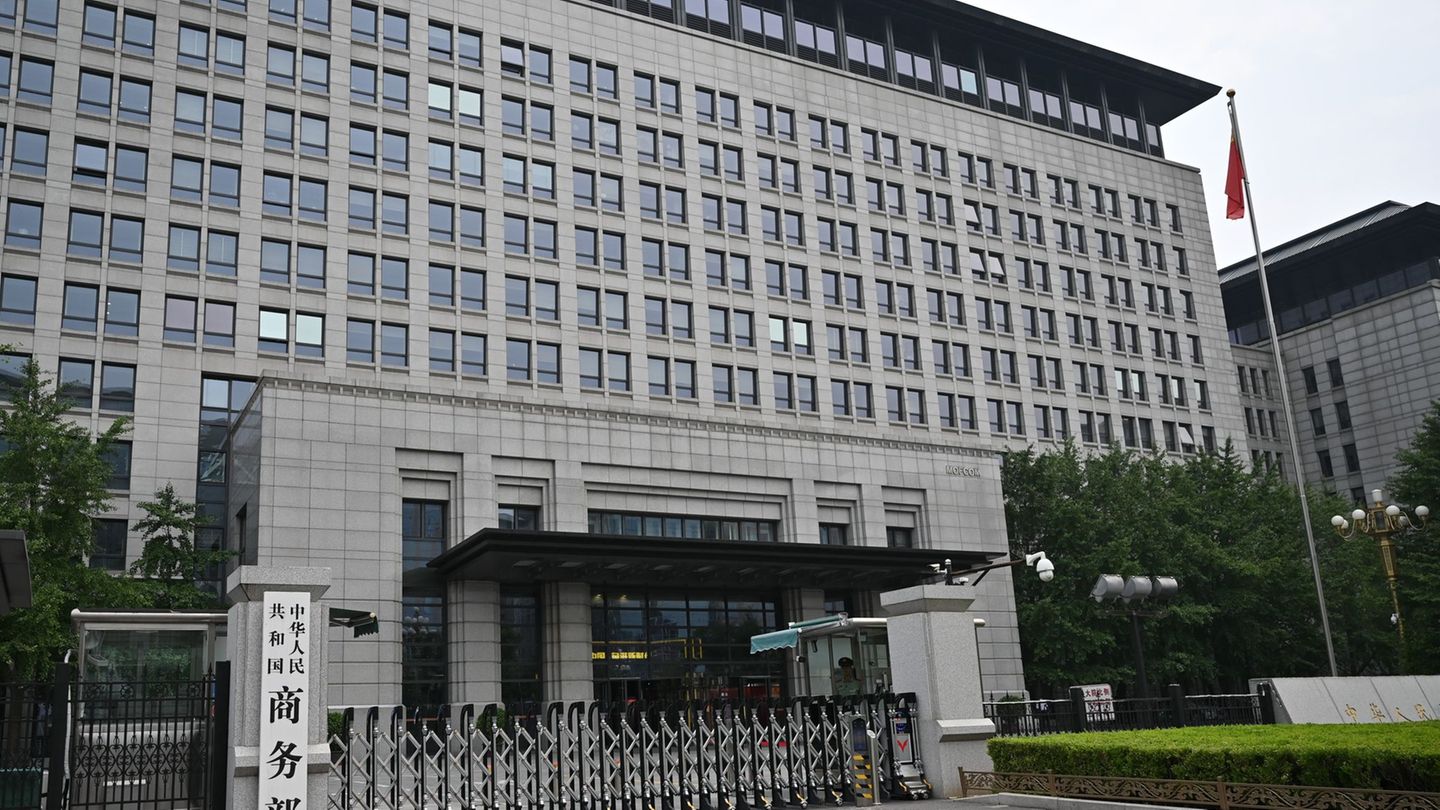The Government will take a new step in its trade opening agenda through the repeal of four regulations that, until now, were part of customs control. After announcements of lower tariffs, now The focus is directly on eliminating certain procedures and inspection tools: the criterion value, the stamps and the observers of local business chambers, on the import side, and the export reference values.
In a critical context for the Argentine industry, The official objective is for there to be more and more foreign goods that compete with local production with the argument that this will contribute to slowing inflation. According to officials, the regulations being repealed implied cost overruns that will now disappear, so they should impact the prices of goods brought from abroad and a small improvement in the export exchange rate (in both cases for some specific sectors).
The announcements were made by the Minister of Deregulation and State Transformation, Federico Sturzenegger; the head of the AFIP, Florence Misrahi; and the director of Customs Operational Coordination and Evaluation, Gladys Morando, this Tuesday at the collecting agency building.
First, criterion value and stamp
The deregulatory measures will come out in two batches. This Wednesday, the elimination of the criterion value and the stamp for importing sectors that still retained them will be made official through two general resolutions of the AFIP.
In the first case, these are parameter values that define that, if an imported merchandise is too far away, it goes directly to the so-called “Red Channel” and establishes the payment of a guarantee so that the importer can withdraw it from Customs. According to Sturzenegger, This implied, on average, an extra cost of 1% for the sectors reached: among them, he mentioned tires, clothing, taps, toys, footwear, yarn. The expectation that he sought to convey, in a meeting with journalists in which Ámbito participated, is that this will contribute to moderating prices.
Regarding the other measure, Misrahi stated: “All stamps are eliminated from imported products. That type of control that Customs used to do disappears. “We have no interest in controlling through stamps.” What the stamp does is prove that the merchandise entered legally and paid the corresponding duties. In this case, it reached electronic products (it will only be maintained for cell phones because it is made with another technology), textiles, musical instruments, toysamong others. “It is not the role of Customs to control trademark fraud. Nor go out to check inside the country whether the merchandise had entered legally.”argued the federal administrator.
More of the deregulatory combo against caste
Next week, the second batch of this deregulating combo will arrive. The rules that enable local business chambers to participate as observers of the customs control processes of merchandise that entered the red channel will be repealed, while the export reference values will be left without effect.
This implies that the sectors that locally produce the imported products that entered the red channel will no longer be able to participate in the inspection process. The repeal of the rule will occur despite the fact that the officials explained that the observers did not have the ability to veto the entry of the merchandise (they could only observe) and that not in all cases the local chambers sent an observer. “It is caste in its maximum representation, it is explicit caste”Sturzenegger argued.
Regarding the fourth measure, the officials explained that There will be no more export reference values for any product. As there was already a previous round of elimination for some particular goods, there are a few that still have them, such as mining and fishingexemplified the minister.
These reference values had generally been set to prevent sales from being invoiced at values much lower than those of the market and ending up paying less withholdings. In any case, Misrahi assured that, although these products will no longer have a priori control, some type of “ex post” inspection will be maintained based on average values recorded by Customs, about which there were no further details.
Sturzenegger highlighted that this will imply, for the sectors for which the reference value will no longer exist, the elimination of an extra cost linked to the guarantees inherent to customs control. According to their calculations, on average it could be equivalent to an improvement in the export exchange rate of 1% (only for the particular sectors and products that benefit from deregulation).
In response to the announcement, the former director general of Customs, William Michelmaintained that AFIP’s value control systems “are an essential mechanism to control tax evasion and over- and under-invoicing maneuvers” and recalled that these originated in 2005 through general resolution 1907 signed by the then head of the organization, Alberto Abad. “By eliminating this tool they only seek to weaken State controls and make the work of law firms easier,” he emphasized through the social network X.
Furthermore, Michel added: “We are going against the world. The United States has just tightened customs controls on Chinese products and we are releasing everything.”
The former president of the Central Bank during the first stage of Mauricio Macri’s mandate made an ode to commercial openness and systematically fired against the “protected sectors” whom he called “breed”.
He argued that this new combo that makes trade more flexible is framed in five pillars of Javier Milei’s Government: economic freedom, anti-corruption policy (he linked regulation to corruption), anti-caste policy, administrative efficiency (because fewer State resources will be used) and, In macroeconomic terms, cost reduction for importing and exporting.
In short, the set of measures is part of the Government’s import opening policy. A flexibility that will put in check industrial sectors (already in crisis due to the adjustment plan and the collapse of consumption), which increasingly must face greater competition from products manufactured abroad.
Source: Ambito




